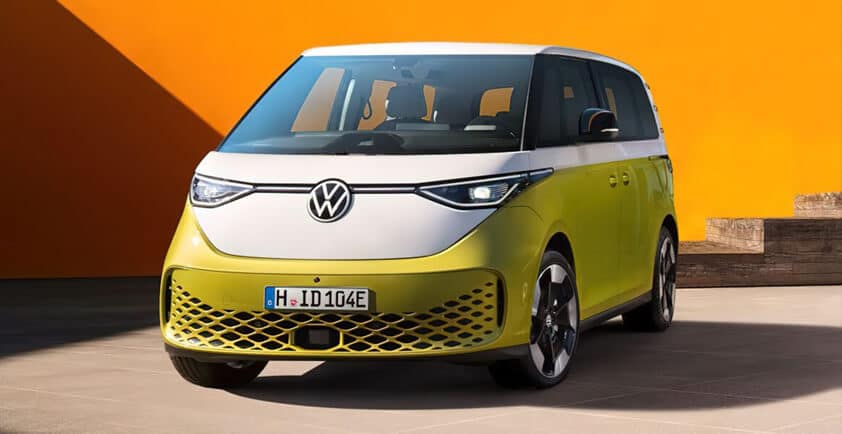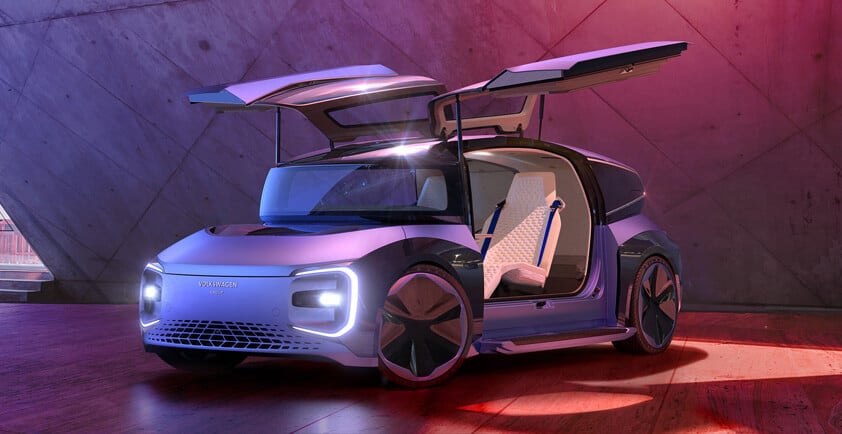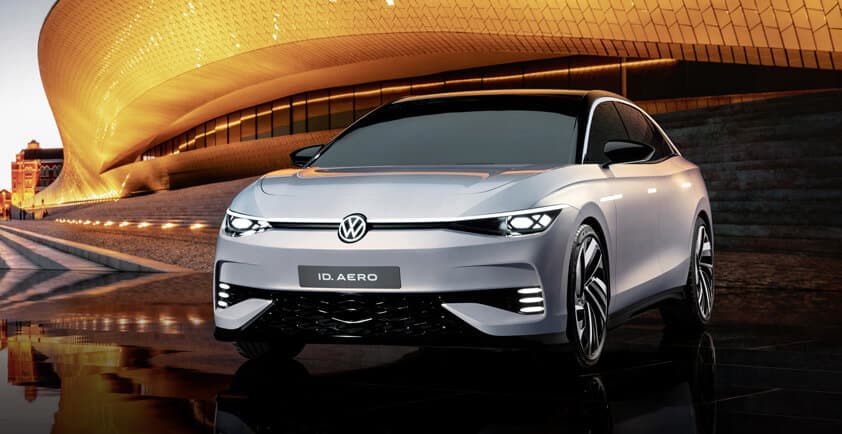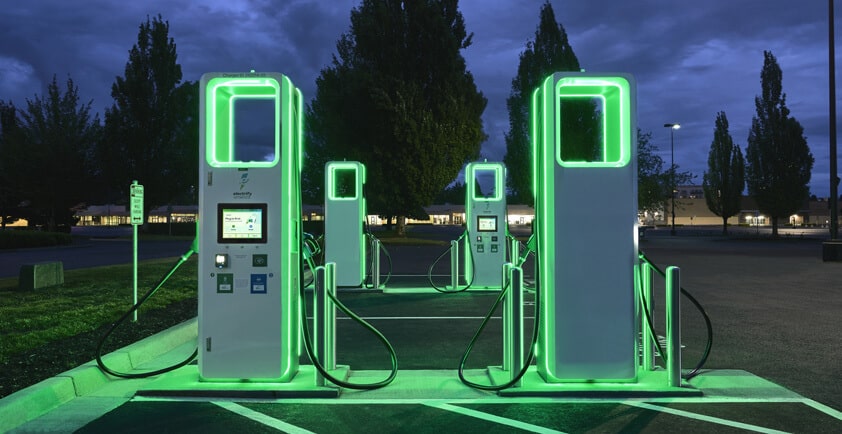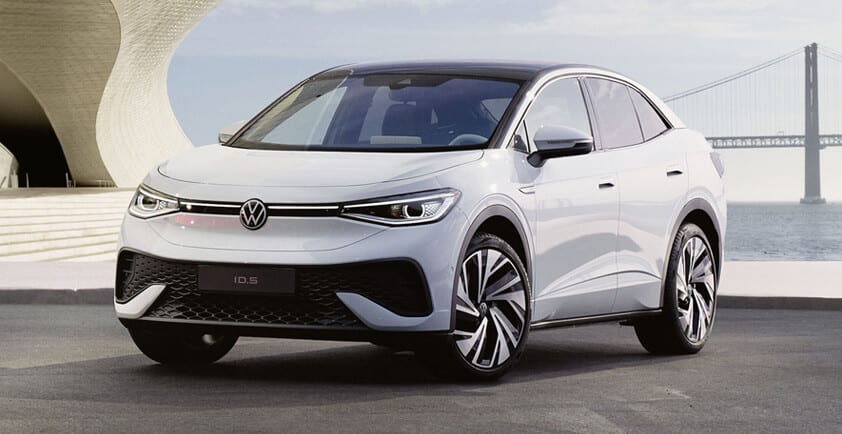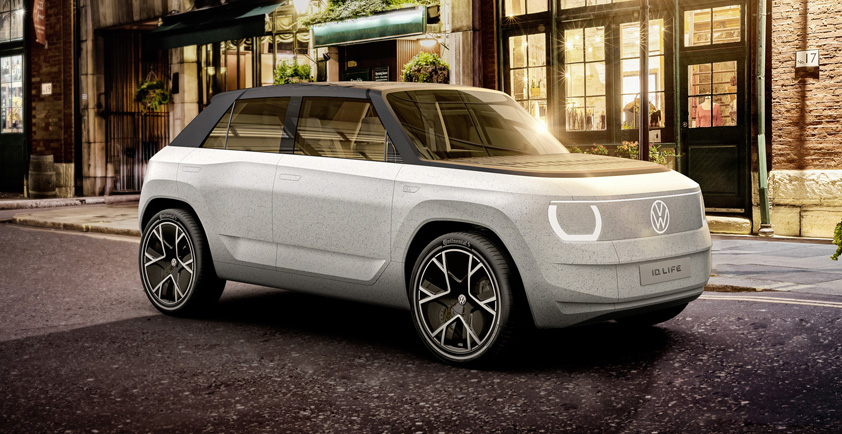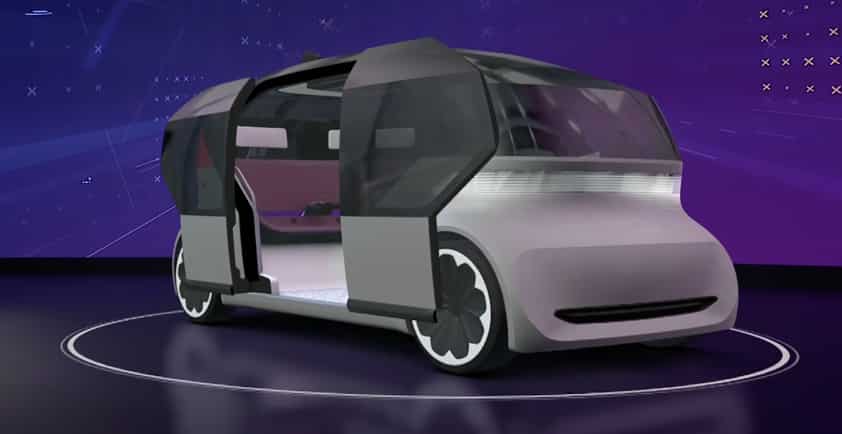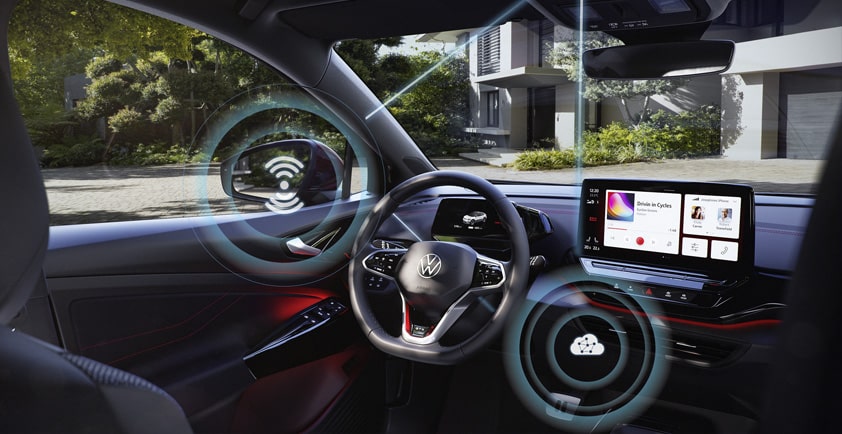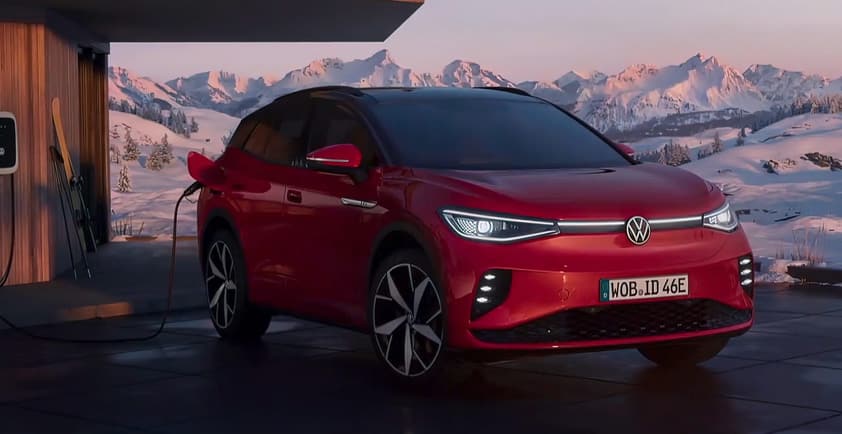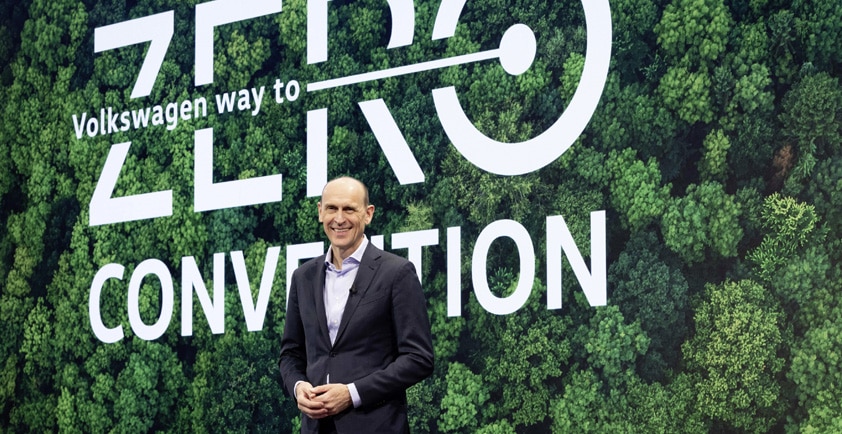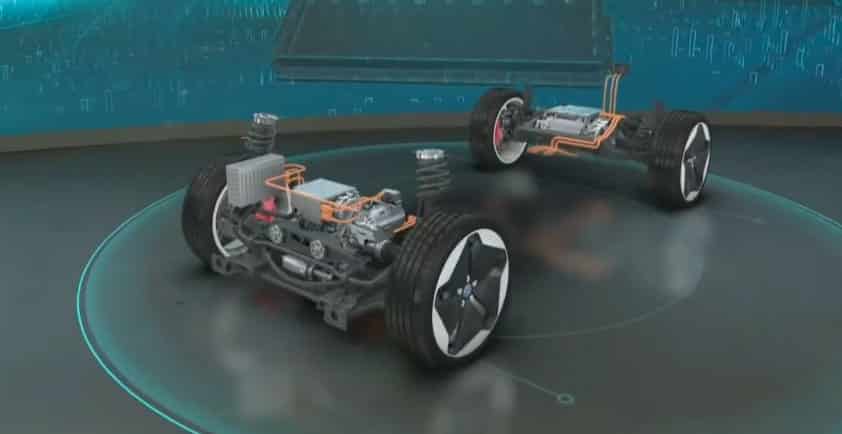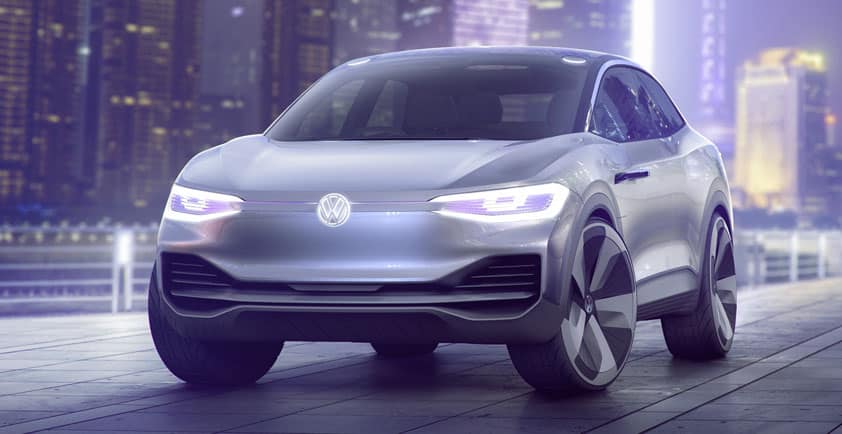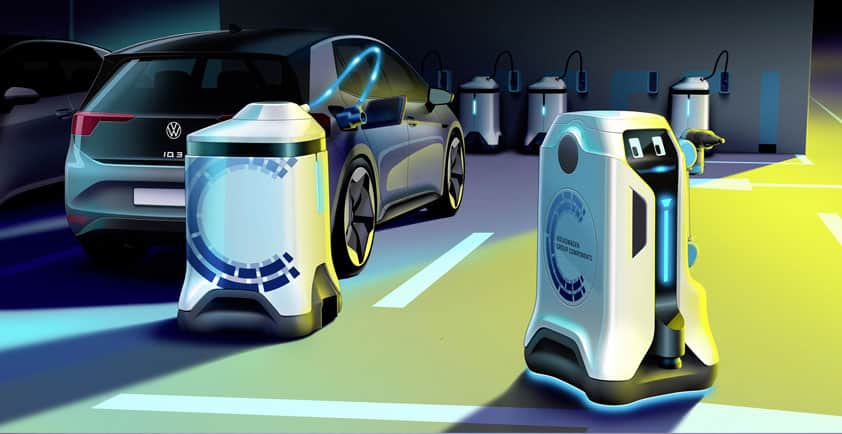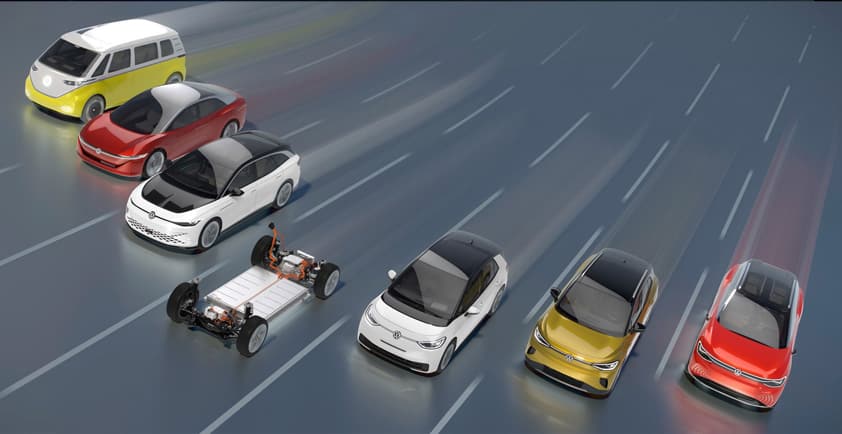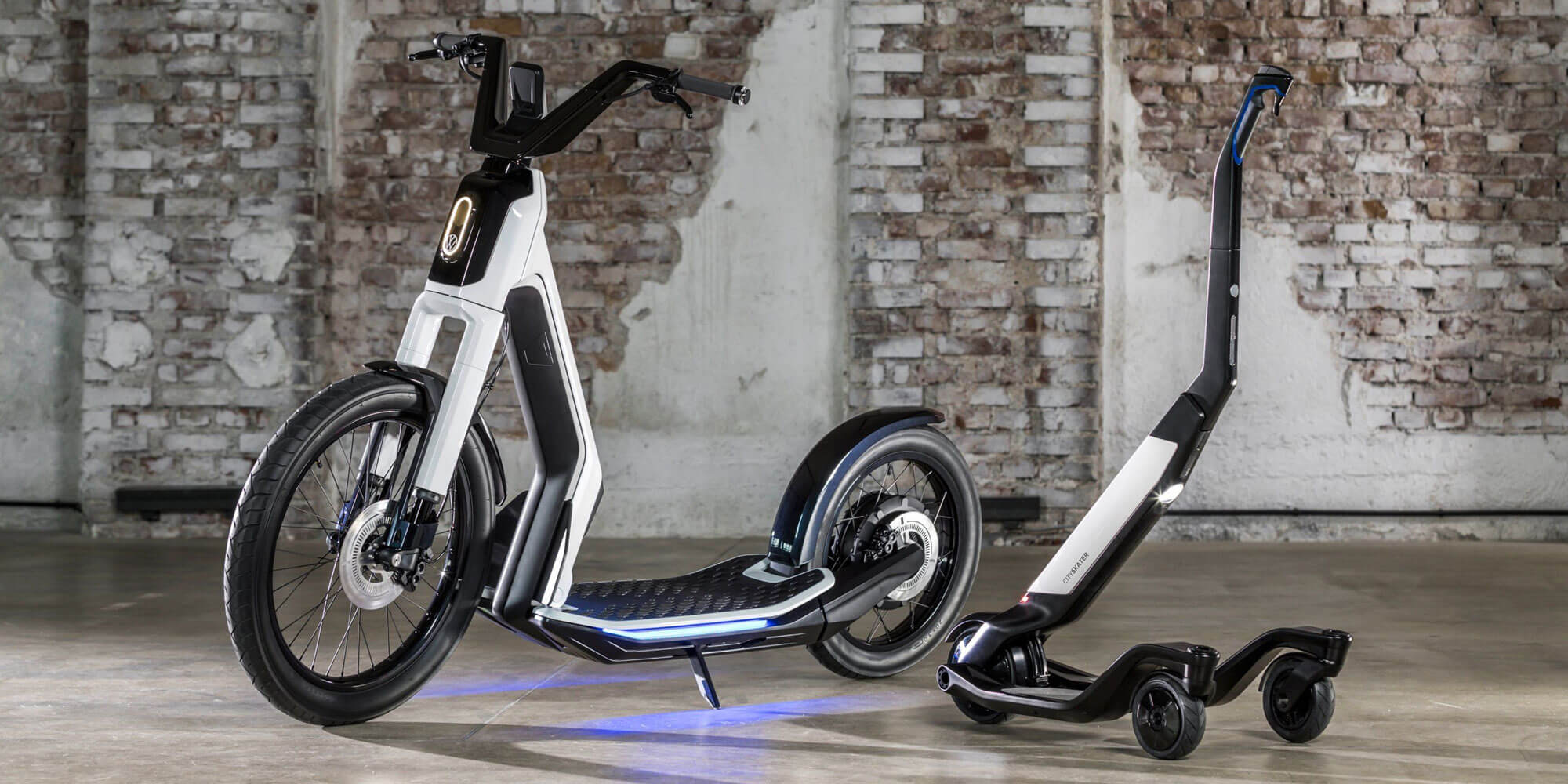
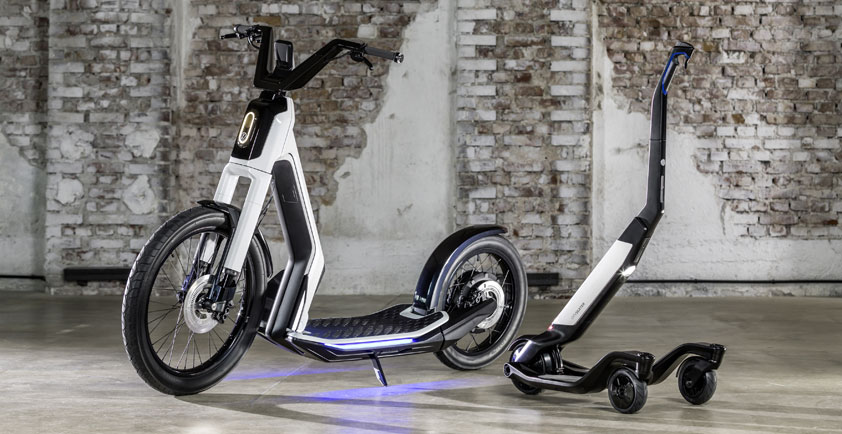
VOLKSWAGEN MICROMOBILITY: URBAN, INNOVATIVE, SUSTAINABLE
Those who live in the city are no longer necessarily dependent on the car. Alternative mobility solutions are in demand. The Volkswagen Group has developed a whole range of innovative micromobiles. An overview.
In 1950 not even every third person lived in the city, today it is more than half of the world' s population - and the trend is rising. The megatrend urbanization also has consequences for the mobility sector. The number of city dwellers is accompanied by an increase in the number of vehicles in the metropolises and thus in the capacity utilization of the roads. Answers are needed to avoid the threat of traffic collapse on the one hand and to meet the changing demands of modern mobility on the other.
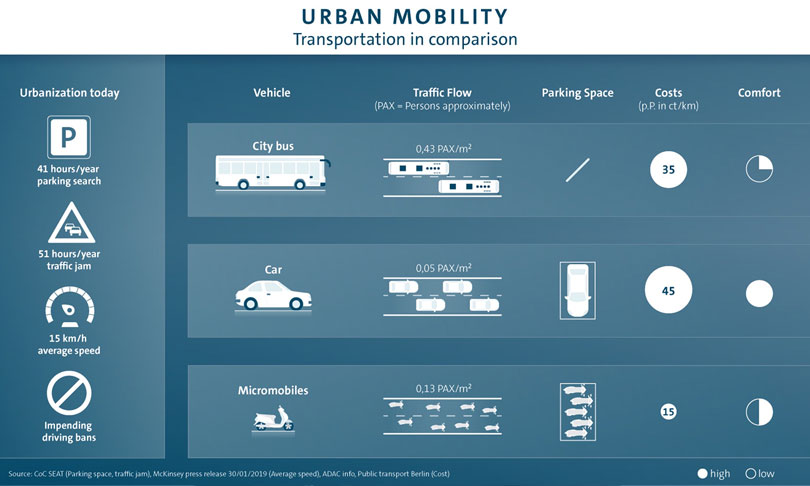
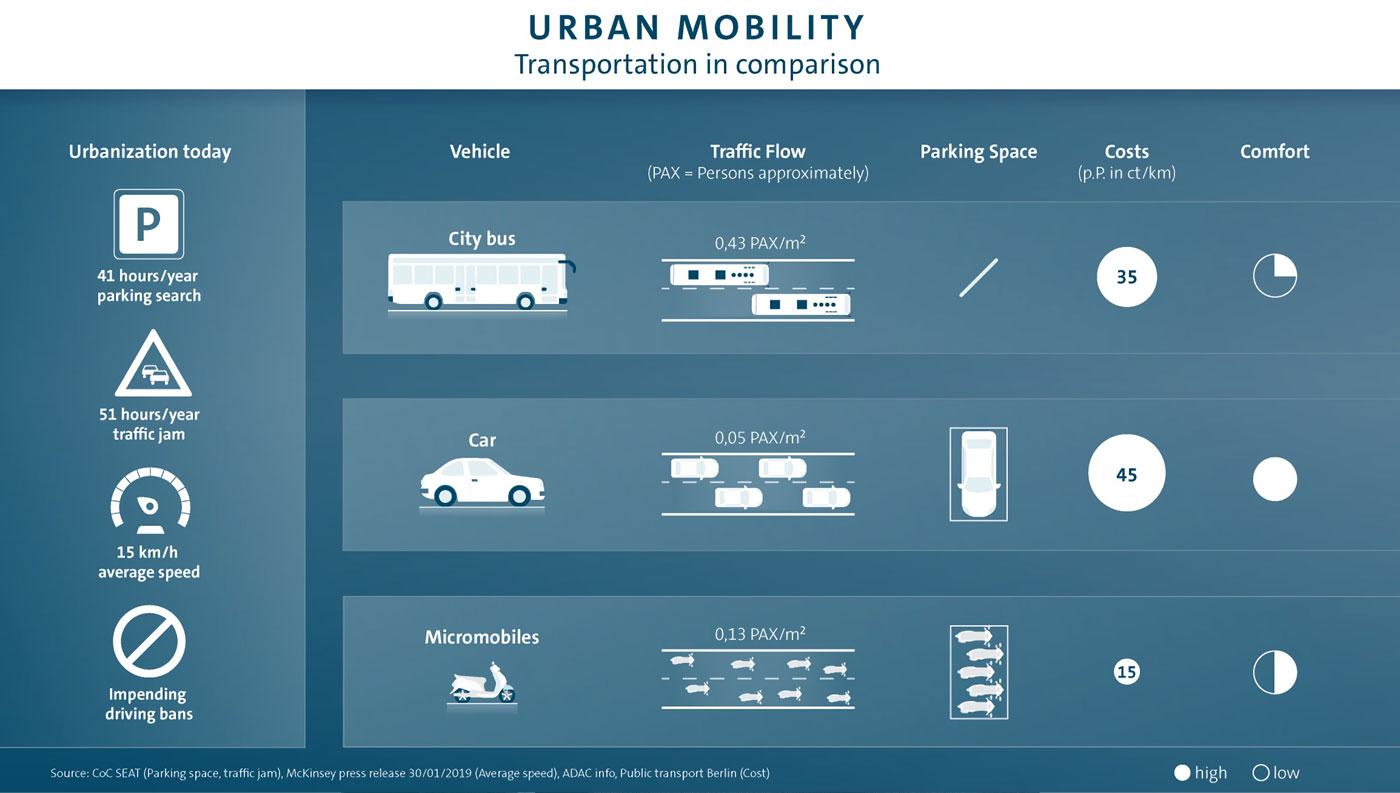
The Volkswagen Group delivers them with numerous sustainable mobility solutions for the city. The aim is to motivate commuters not only to use MOIA and WeShare services, but also to switch to smart micromobiles. The vision: city visitors and residents will soon be able to arrive in the world's metropolises, park their cars at home, at the hotel or in multi-storey car parks and then use smaller zero-emission models.
Innovative vehicle concepts have the potential to change people's mobility behavior in the long term and make even more efficient use of limited traffic space. We provide an overview of the products that the Volkswagen Group and its brands have already developed in this area.


COOL AND COMPACT: THE CITYSKATER
The Volkswagen brand has been developing the compact Cityskater for quite some time. In the meantime, the electrically driven last-mile surfer is about to be ready for series production. Unlike typical electric scooters, the Cityskater has a rear wheel and two front wheels - each leg has its own running board. A steering rod provides the necessary support, while the intuitive shift of weight from one leg to the other steers the vehicle - similar to skiing.
The small speedster reaches a top speed of 20 km/h and can bridge distances of up to 15 kilometres. And thanks to a lean angle of 22 degrees, fast cornering is no problem at all. The electric motor of the Cityskater in the rear wheel develops up to 350 Watts power. The lithium-ion battery can be recharged up to 200 Wh. Not unimportant for urban mobility: In less than an hour at a conventional household socket (230 volts), the battery is 50 percent charged again. In addition, the Cityskater fits into the trunk when folded and, with its weight of less than 15 kilograms, can also easily be taken on the subway.
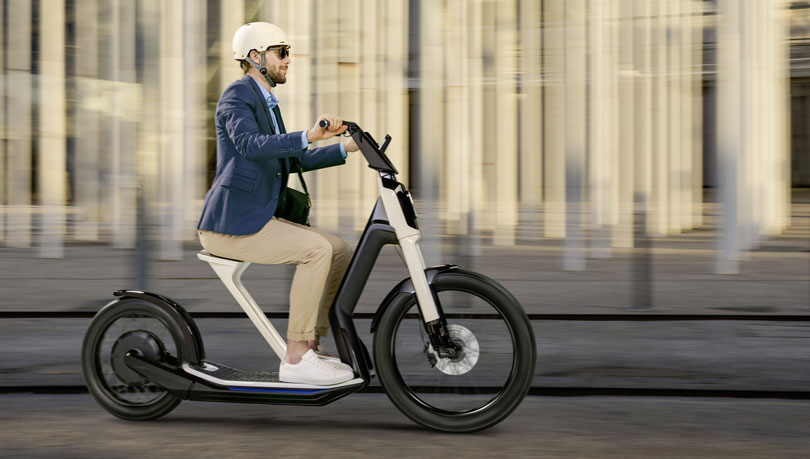
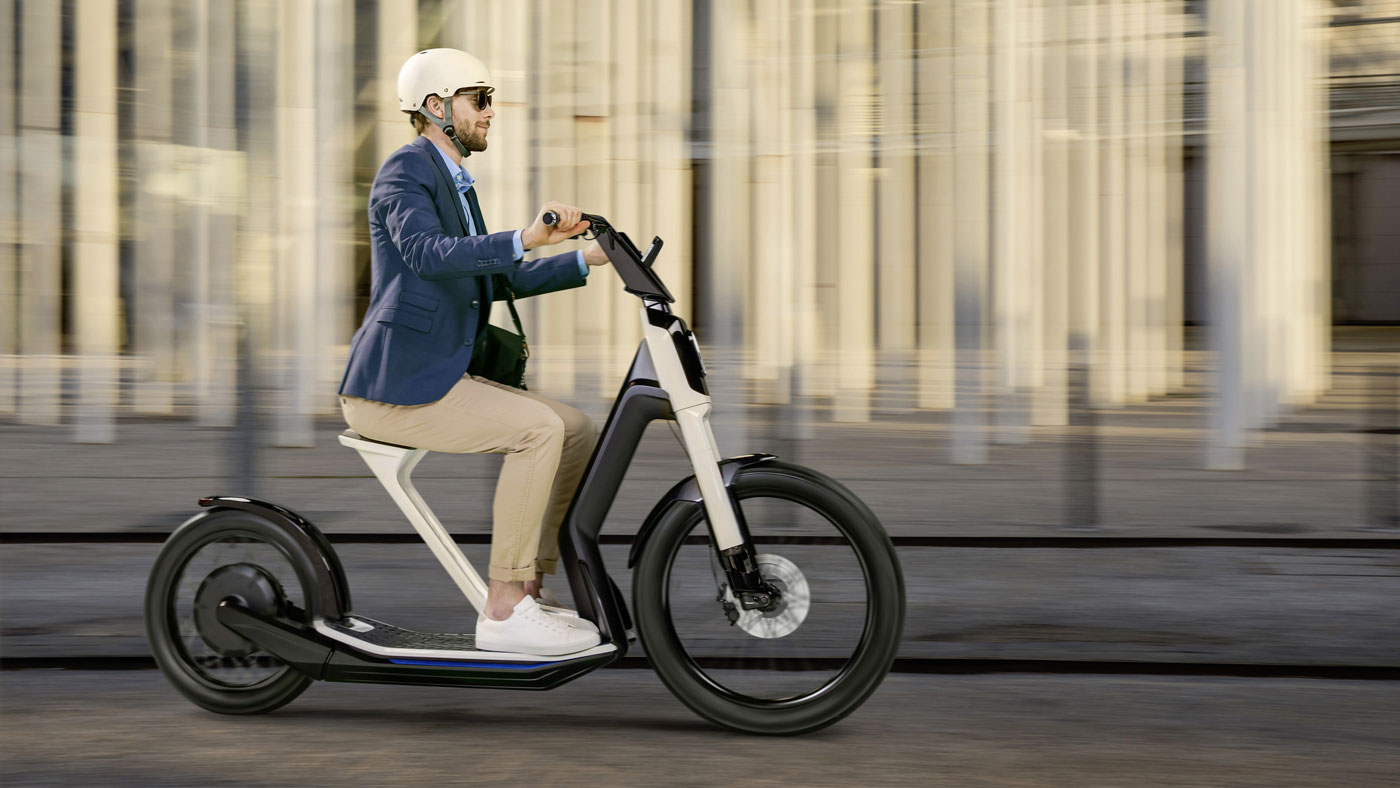
SITTING OR STANDING: THE STREETMATE
The Volkswagen brand’s Streetmate could also become reality in the next few years. With a range of 60 kilometers, it is a clever alternative to the car for medium distances in the city. Thanks to it, parking problems are a thing of the past, as are engine noise and local exhaust emissions. The Commuter is up to 45 km/h fast. Safety is ensured by disc brakes and an anti-lock braking system (ABS). When decelerating, the rear wheel hub motor acts as a generator and recuperates energy.
What's special about the Streetmate: It is driven comfortably in a seated position; depending on the approval, however, a function for folding away the seat is also prepared in order to move the electric scooter standing up as an alternative. With a weight of 70 kg, the study is light and has a particularly low balance point, as the removable lithium-ion battery is integrated into the scooter's floor structure.
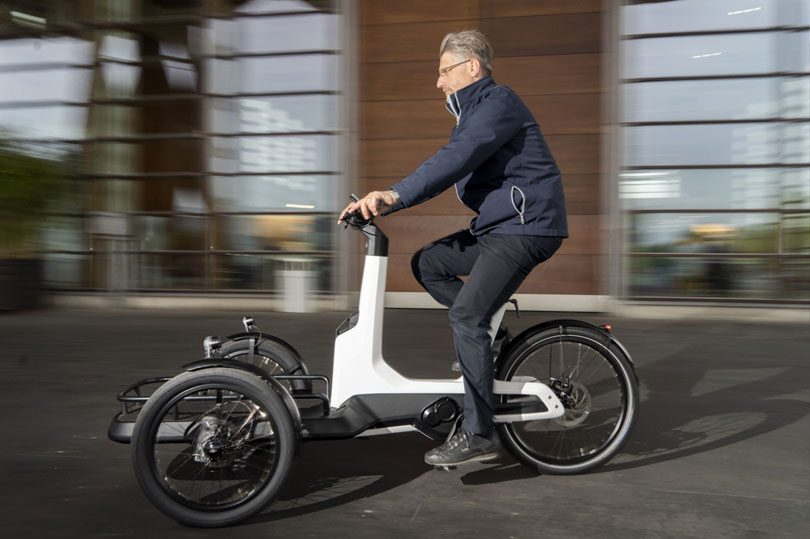
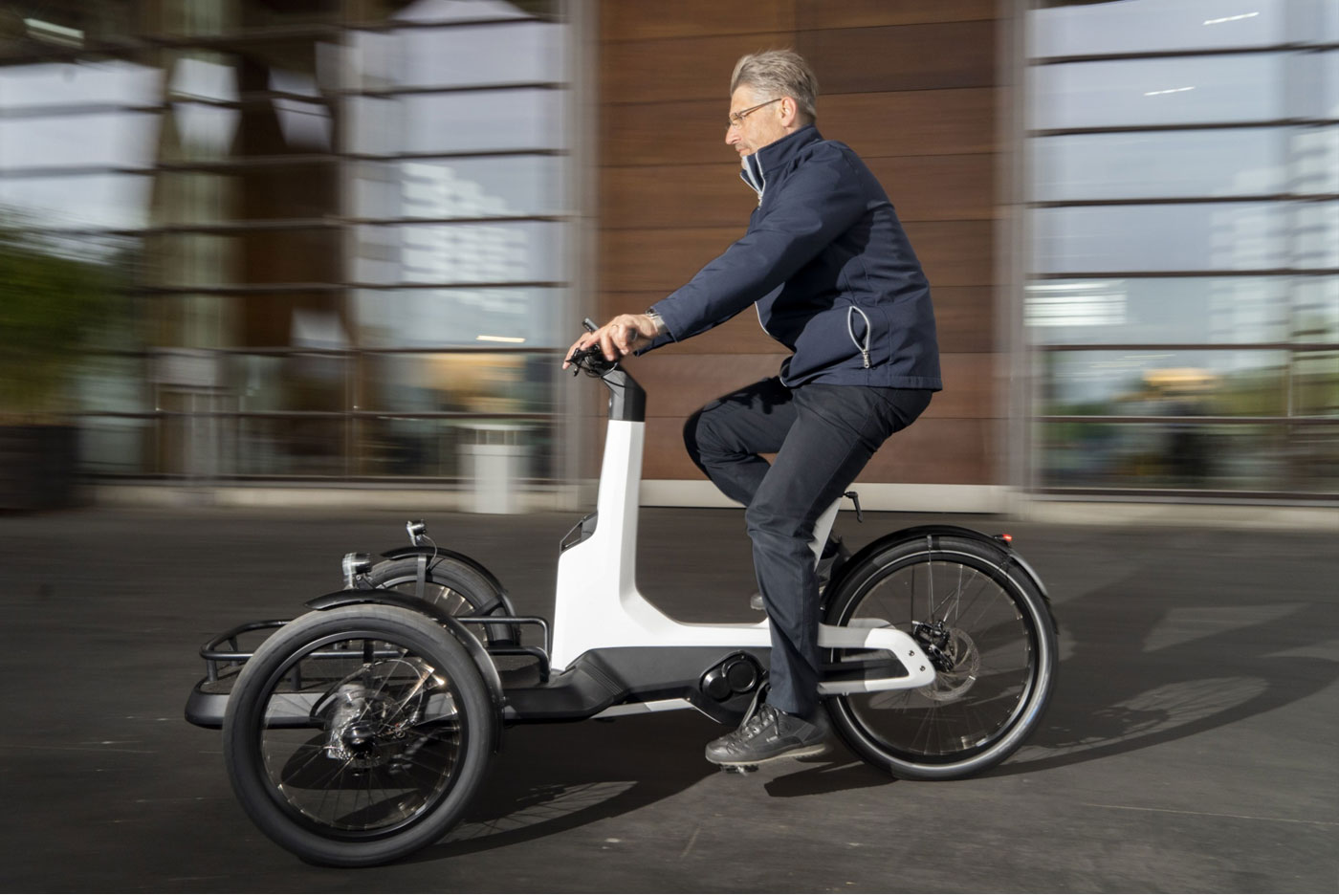
LOCAL LOGISTICS MADE EASY: THE VOLKSWAGEN CARGO E-BIKE
In a joint project, Volkswagen Group Services and Volkswagen Commercial Vehicles have developed the Cargo e-Bike, an electric cargo bicycle that can transport up to 210 kilograms including the driver. The manufacturer intends to enter the cargo bike market before the end of this year. The Cargo e-Bike is a pedelec with a 250 Watt (48 Volt) mid-mounted motor that supports the driver when pedalling at speeds of up to 25 km/h. Therefore, the cargo bike can be used without a driver's license and insurance.
Energy for the electric motor is supplied by a lithium-ion battery (energy content: 500 Watt-hours). The range is up to 100 kilometers. A novelty for cargo bicycles is the tilting technology: The innovative technology ensures that the transported goods on the loading area do not tilt into the curve with the cargo bike, but are always balanced horizontally.
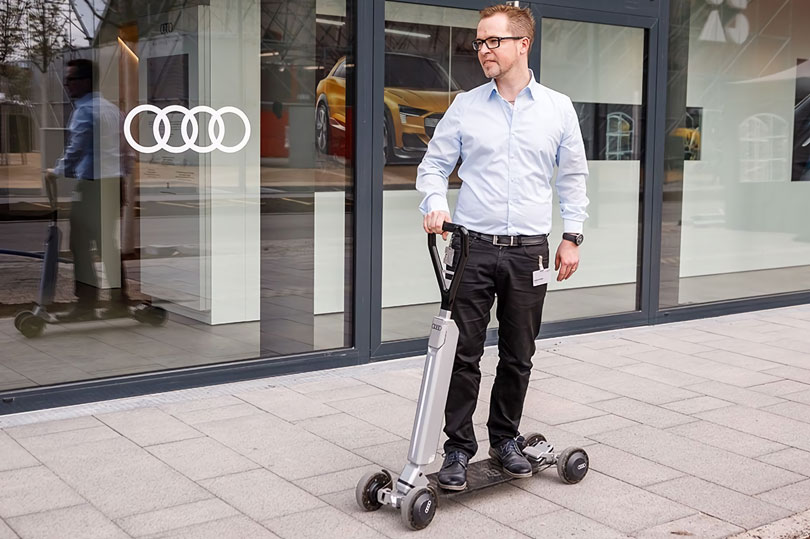
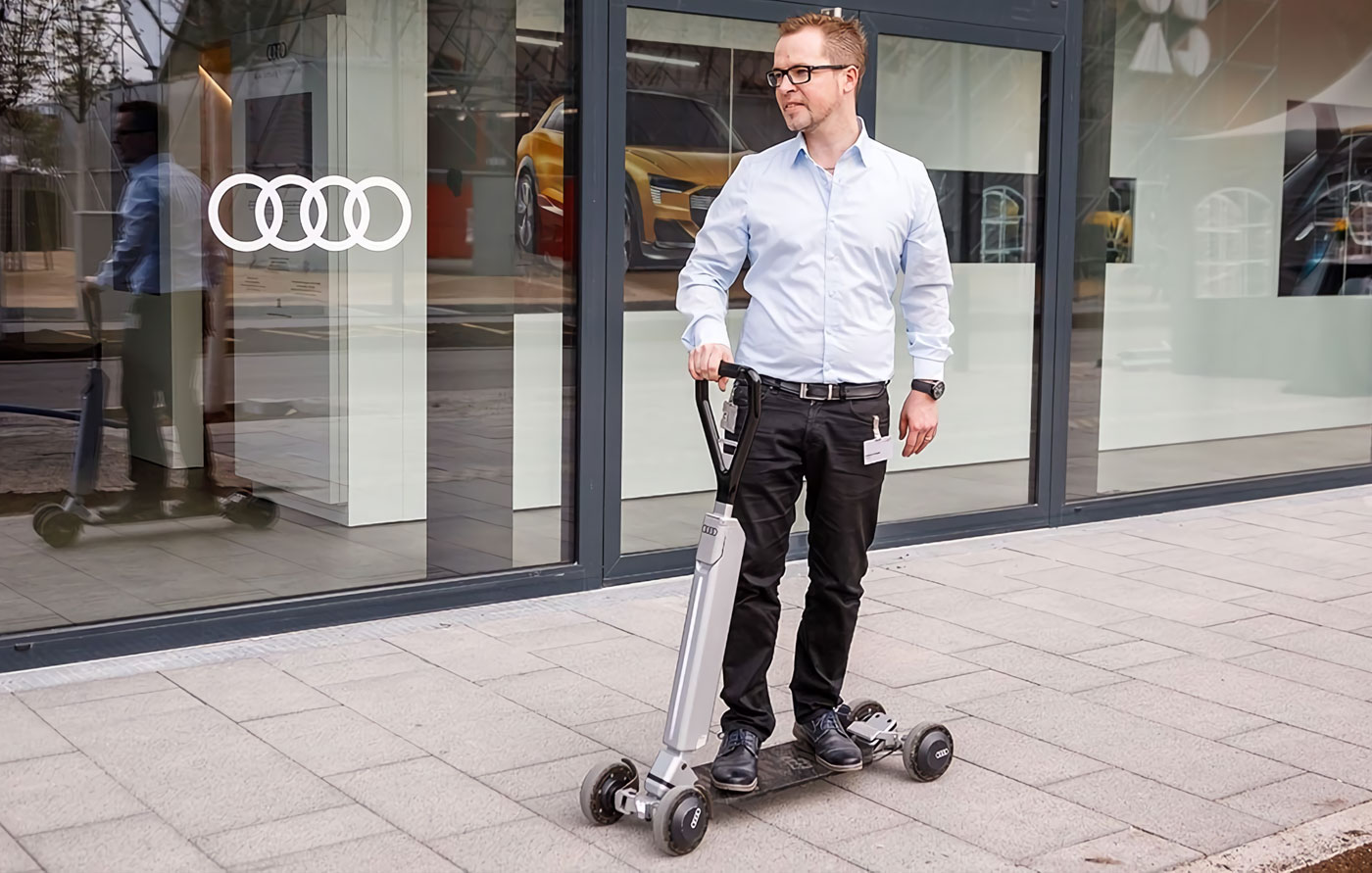
AUDI ALSO OFFERS PROTOTYPE: THE AUDI E-TRON SCOOTER
Audi has also developed an electric scooter: the Audi e-tron scooter. The premium mobility service Audi on demand and the prototype of this electric scooter ensure flexible and sustainable mobility at the Federal Garden Show in Heilbronn, which runs until 6 October. Employees and some visitors of the BUGA can test the Audi e-tron scooter. Their feedback will then flow into the further development of the prototype. A mobile battery storage unit made of reused e-tron batteries strengthens the charging infrastructure on the site.
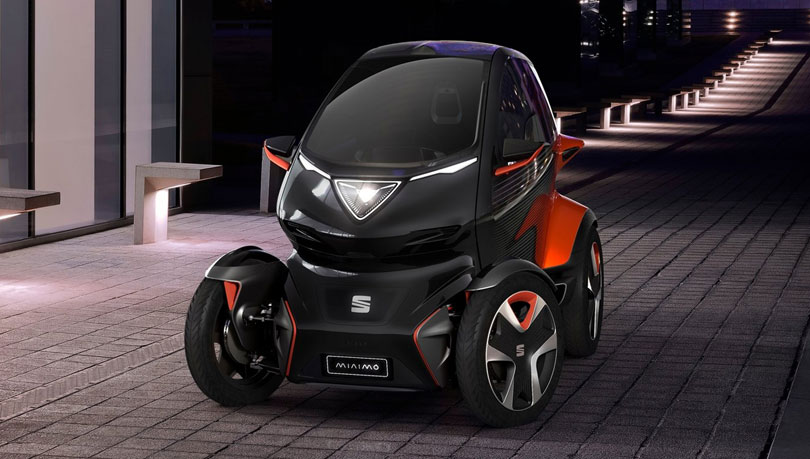
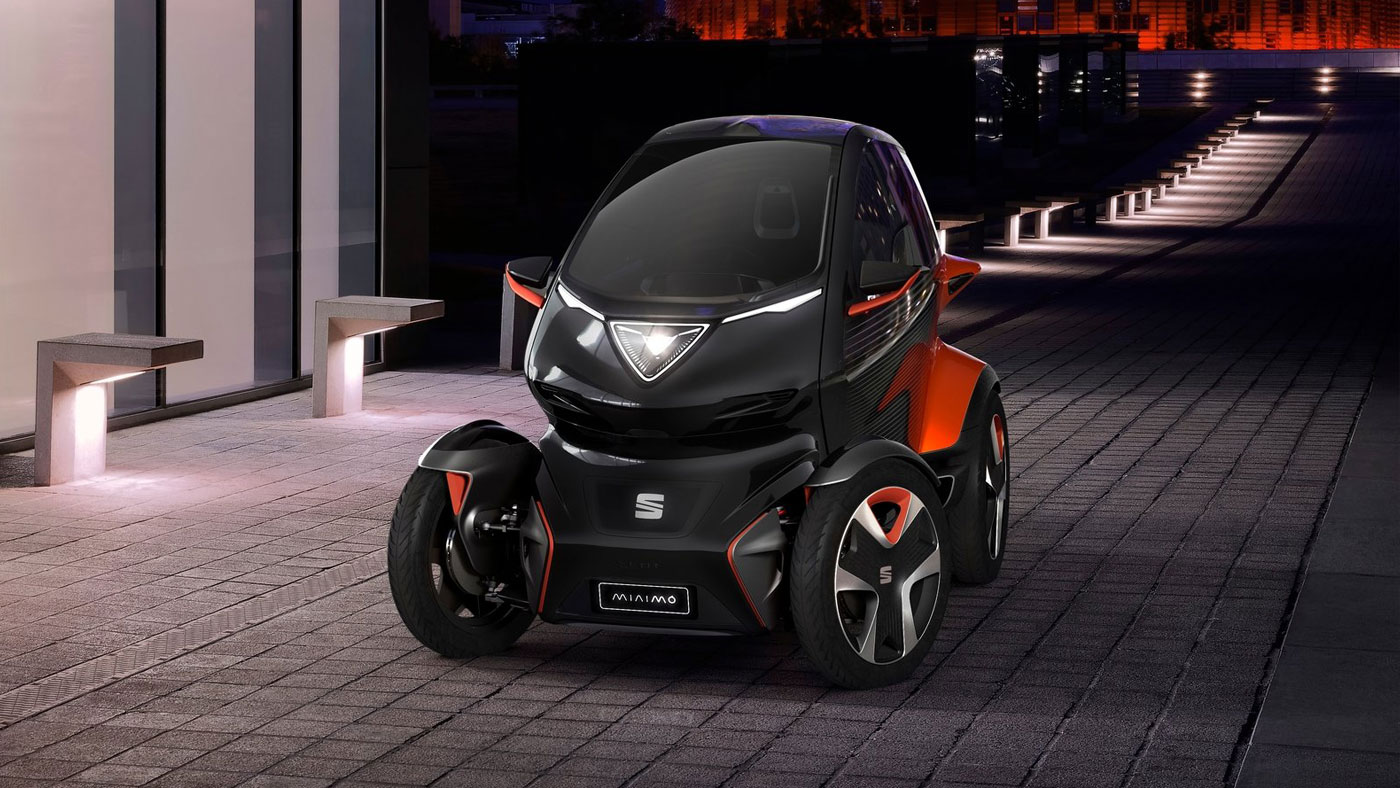
CONVENIENT AND AGILE: SEAT MINIMÓ
SEAT is also at the forefront with its strategy for urban micromobility. The concept car SEAT Minimó, which was developed as a mobility platform, expresses the company’s vision of the urban mobility of tomorrow. When developing the Minimó, the benefits of two worlds were combined: the safety and comfort of a car with the agility and minimal parking space requirement of a motorcycle.
Two passengers can fit comfortably into the fully electric concept vehicle. Thanks to a battery exchange system, the vehicle is ready to drive again after only a few minutes, and has a range of over 100 kilometers. The innovative concept is particularly interesting for car-sharing providers: service staff can exchange the batteries on the spot, since the SEAT Minimó does not have to be brought to a charging station. This reduces the effective operating costs by 50 percent.
